The death of conservative activist Charlie Kirk has ignited nationwide debate, and a sermon from a prominent Virginia pastor has pushed the conversation even further into the spotlight.
A Sermon That Struck a Nerve
Rev. Dr. Howard-John Wesley, senior pastor of Alfred Street Baptist Church in Alexandria, delivered a passionate sermon that quickly went viral online. Throughout his remarks, he admitted feeling “overwhelmed” as he reflected on issues of white guilt, white supremacy, and the selective outrage surrounding Kirk’s death.
“Find the historical lies of the narrative of white supremacy and a nation that caters to white guilt and forces me to prove the equality of my blackness every day,” Wesley said, drawing strong reactions from his congregation.
On Kirk’s Death
While making clear that he does not condone celebrating anyone’s death, Wesley directly addressed the killing of Kirk.
“Charlie Kirk did not deserve to be assassinated,” he stated firmly. But he also questioned the calls for public compassion in light of Kirk’s rhetoric and record.
“Tell me I ought to have compassion for the death of a man who had no respect for my own life,” he challenged.
Contrasting Reactions to Tragedy
Wesley highlighted what he described as “selective rage” in public responses to violence. He contrasted the national outpouring of sympathy over Kirk with muted reactions to other tragedies.
“Hearing people with selective rage who are mad about Charlie Kirk but didn’t give a damn about Melissa Hortman and her husband when they were shot down in their home,” Wesley said, a remark that drew strong agreement from the church audience.
A Critique of Religious Hypocrisy
The pastor also took aim at what he saw as hypocrisy within Christianity. “I’m overwhelmed by folks who call themselves Christian, simply because they invoked the name of Jesus and quote scripture from the Old Testament,” he said, questioning the sincerity of faith that fails to recognize the humanity of others.
Viral Impact
The sermon’s viral clip ends with a pointed reflection: “How you die does not redeem how you lived.” Wesley underscored that death does not automatically erase a person’s actions or transform their legacy.
“You do not become a hero in your death when you were a weapon of the enemy in your life,” he concluded, leaving the congregation with a sobering message.
National Debate
The pastor’s words have since reverberated far beyond his church. Online, supporters praised his honesty, while critics accused him of politicizing tragedy. The debate has underscored the deep divisions in how Americans process public figures’ deaths, particularly those as polarizing as Charlie Kirk.
For Wesley, however, the message was less about Kirk individually and more about confronting uncomfortable truths—about race, faith, and the meaning of compassion in a divided nation.

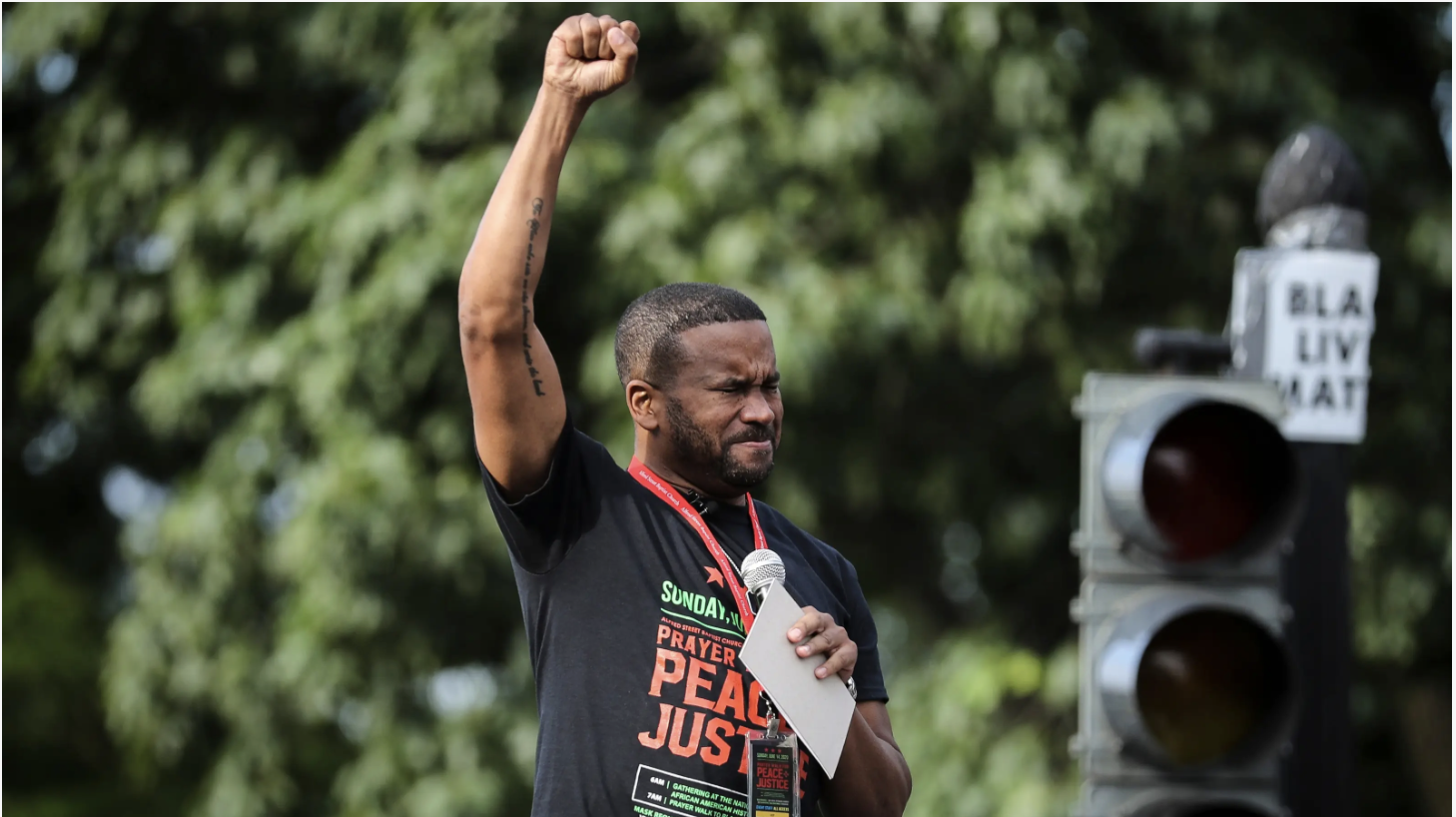




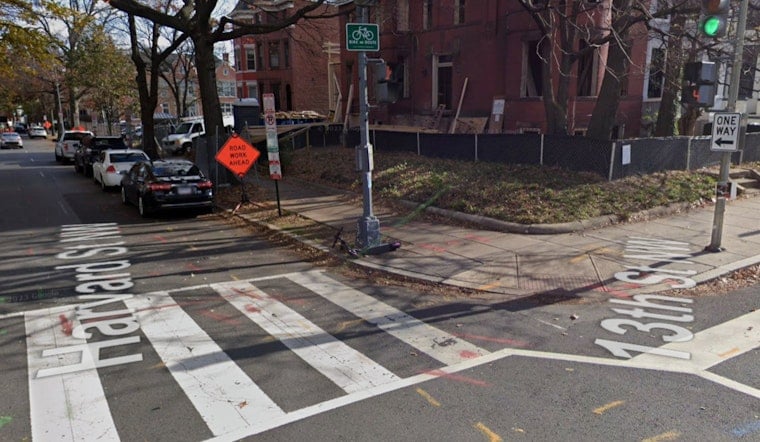
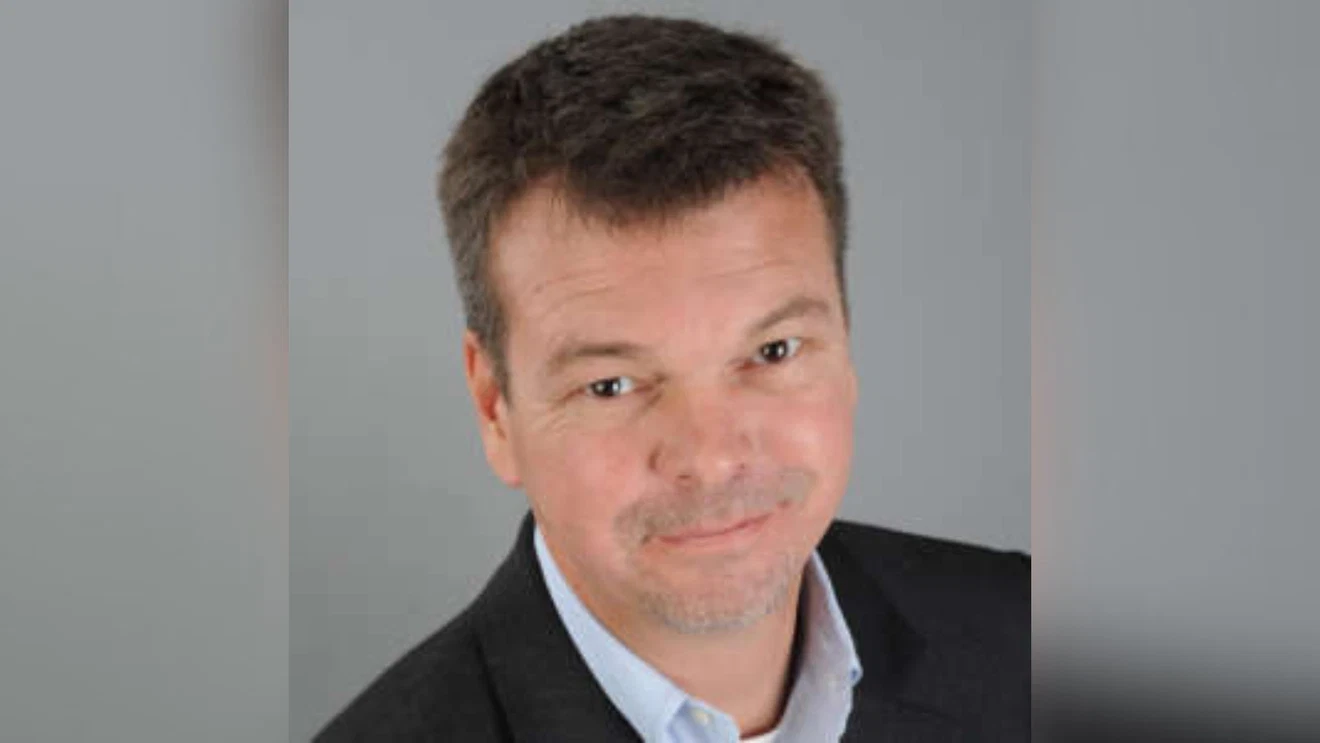
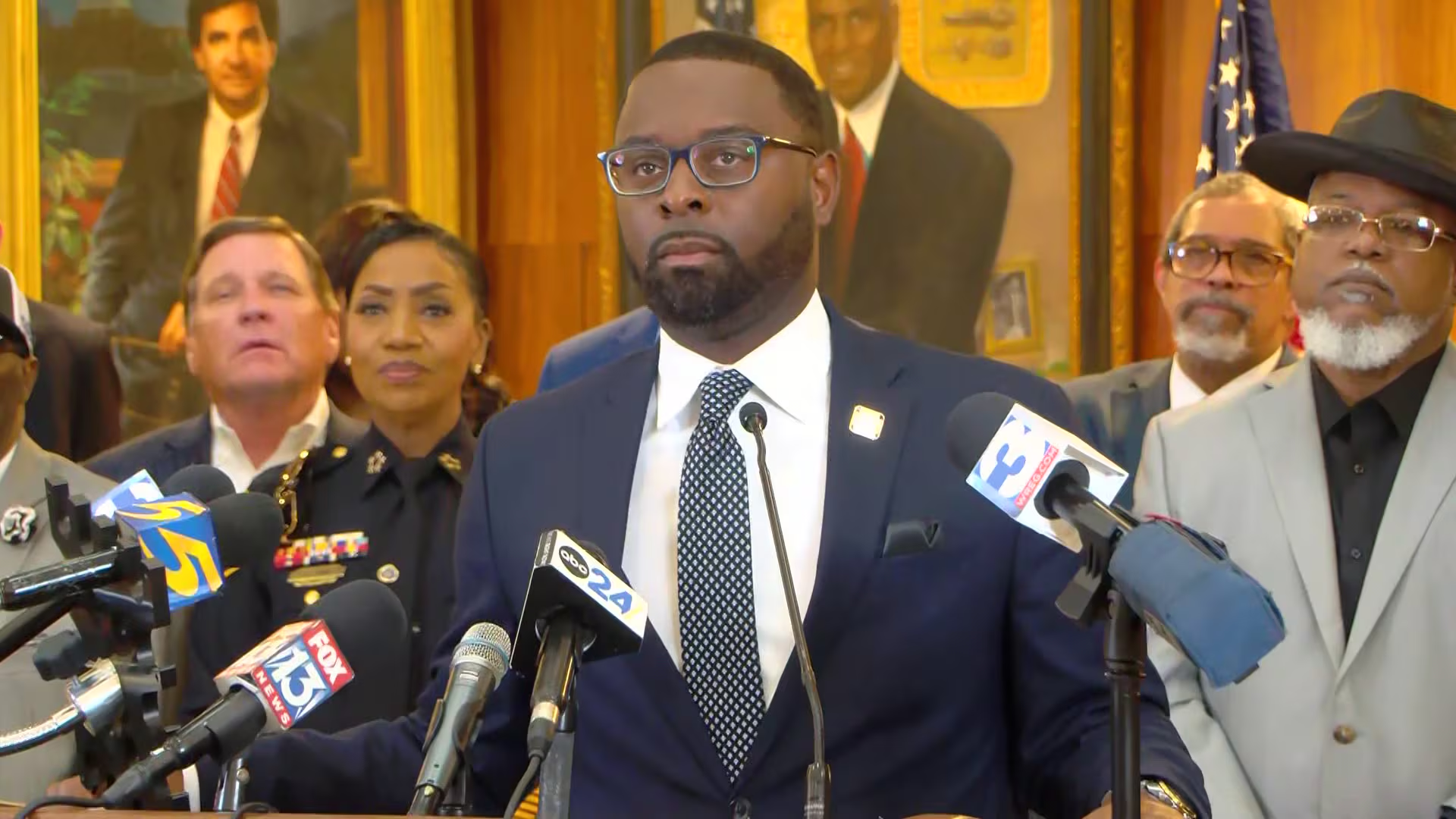
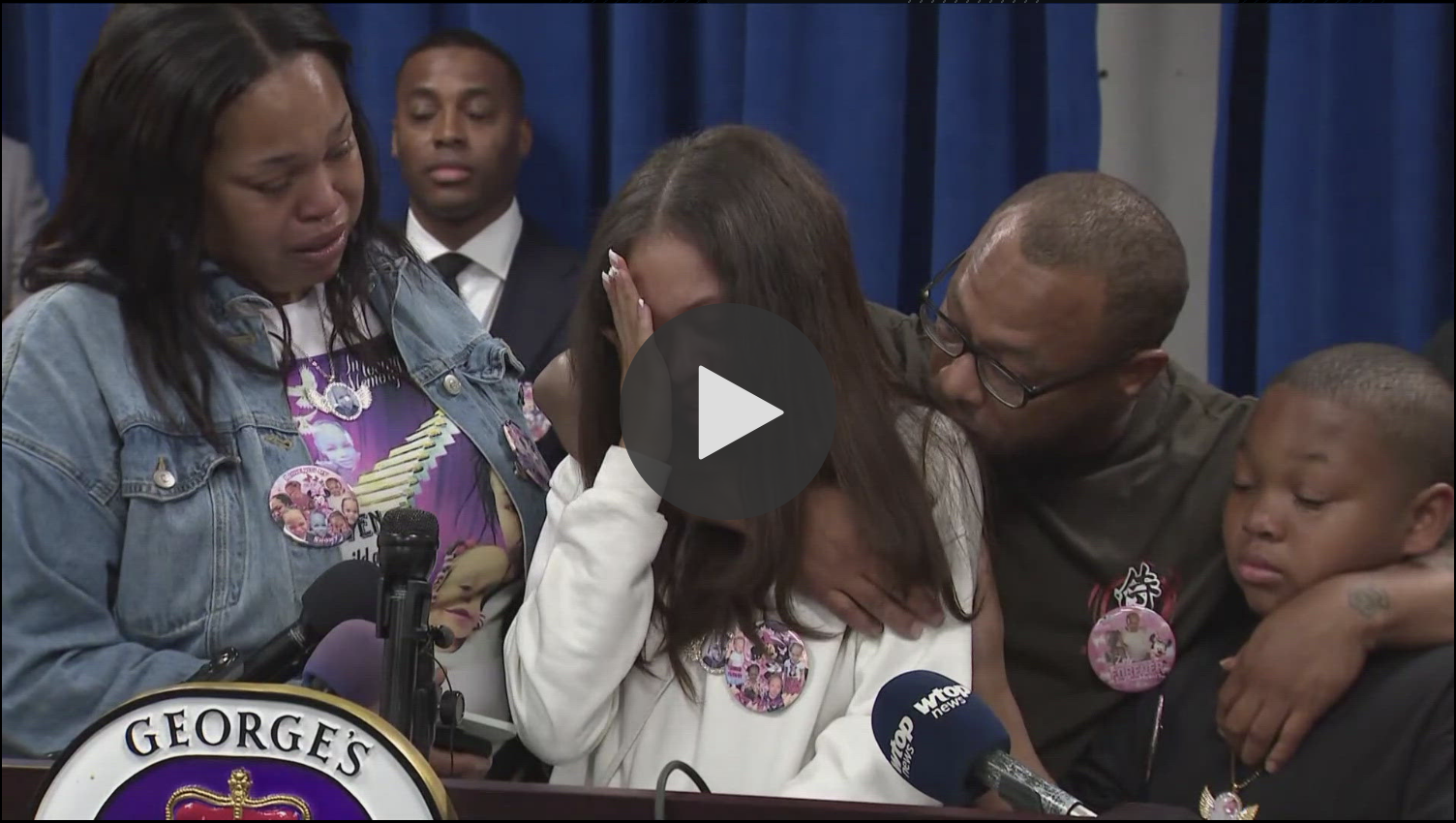


Leave a Reply